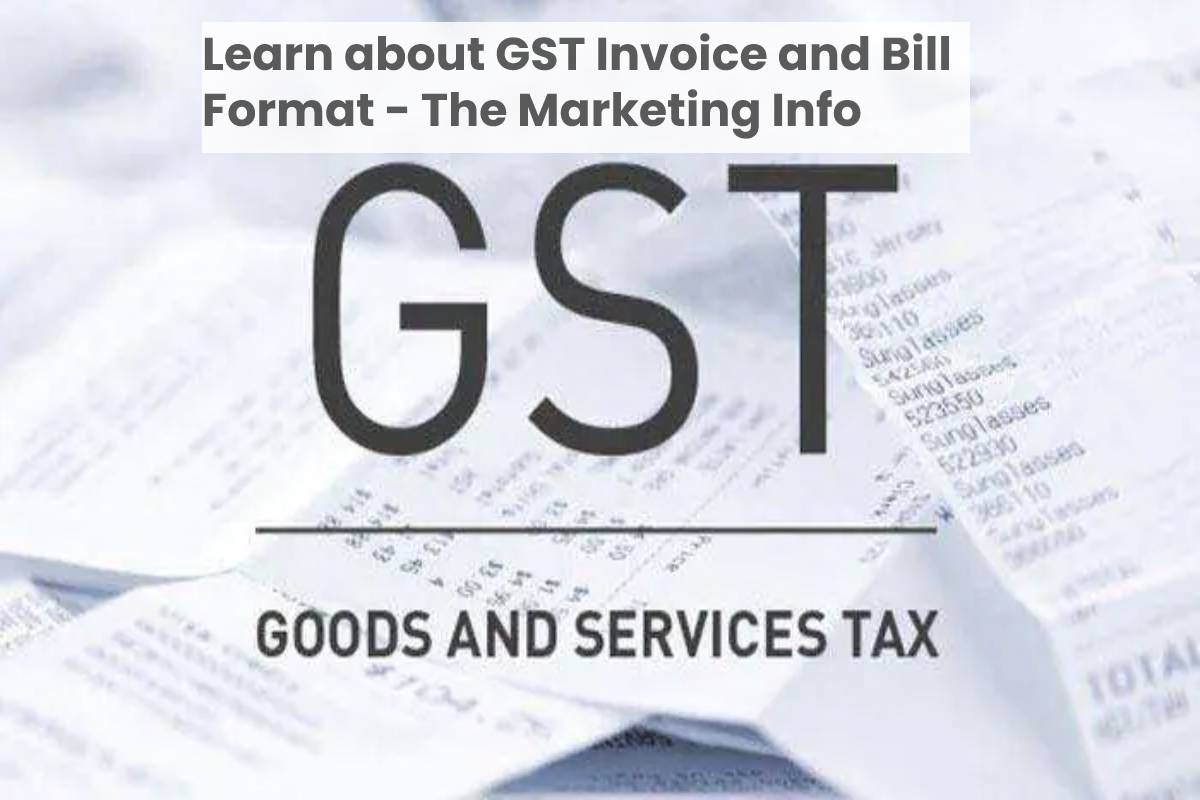Global marketing strategies are based on the idea of achieving brand recognition around the world. Although it seems an impossible goal to achieve, in the globalized world in which we live, it is nothing more than an adaptation to the markets’ accelerated rhythms. What should we take into account when internationalizing products and services? Is it an expansion process only suitable for multinationals, or does the concept of globalization offer more solutions.
Also Read: What is E-book? – Definition, History, Advantages, and More
Table of Contents
What is Global Marketing?
Global marketing is the set of techniques based on a sales strategy for a product or service to access your target audience’s international stage. This discipline tries to reach a global market, but it must integrate consumers with everyday needs and adapt the product to be perceived as attractive in other markets.
A global marketing strategy requires adapting the brand to other countries’ communities, so it is necessary to do a market study and decide in which countries. It can be effective to develop a global marketing campaign.
Therefore, it must be borne in mind that global marketing, rather than selling a product internationally, develops the different stages of planning, production, promotion, and dissemination at an international level. It is why the product can sometimes change in shape, design, size, or performance.
Advantages and Disadvantages of Global Marketing
When it comes to marketing on a global scale, many questions must be asked. Taking into account what alliances we can establish or what competitors we face. Are we sure there are more advantages than disadvantages.
Global Marketing Advantages
- The company can take advantage of a global economy. At the same time, it takes the location into account to adapt to each market’s particularities.
- We develop a double level of reading in campaigns, that of the particularity of a target and globality. It is possible to develop a communication message. Which identifies a global need to maintain a line of coherence in all markets.
- Being present in many countries, we can buy the raw material in large quantities and save costs.
- The value of the product increases. The global expansion increases competition, which, together with a greater need for adaptation, forces the company to improve the product or service.
- A higher share of sales. We have access to more business opportunities in international markets.
Global Marketing Disadvantages
- It is necessary to be prepared for the regulations and laws existing in other countries.
- It is necessary to invest in good research on all markets since consumers’ needs could be very different, and the strategies to be developed may not work proportionately.
- The method of distribution of the products could be very different in each country. So we should have a team in delegations located in different places.
- Content transcreation: although it can be an advantage, it is necessary to consider the difficulty of going beyond the language limits when adapting content to different markets. It is not a mere idiomatic translation. But to maintain the tone, style, intention. And context while considering the cultural values of each country.
Global Marketing Strategies
To understand how to put global marketing into practice and what factors you should consider, we explain the strategies most used by companies.
Although it may seem like a difficult path, it is important to note that medium-sized companies can also trace it, even without an office in the country where they want to expand. It is up to that point that the power of a good strategy resides.
- Adapt the code: campaigns in different languages
- Adjusting to consumer habits and cultures
- Global coherence: aligning local strategies
- Legal compliance with international and local regulations
- Modify the strategy to give the best experience



